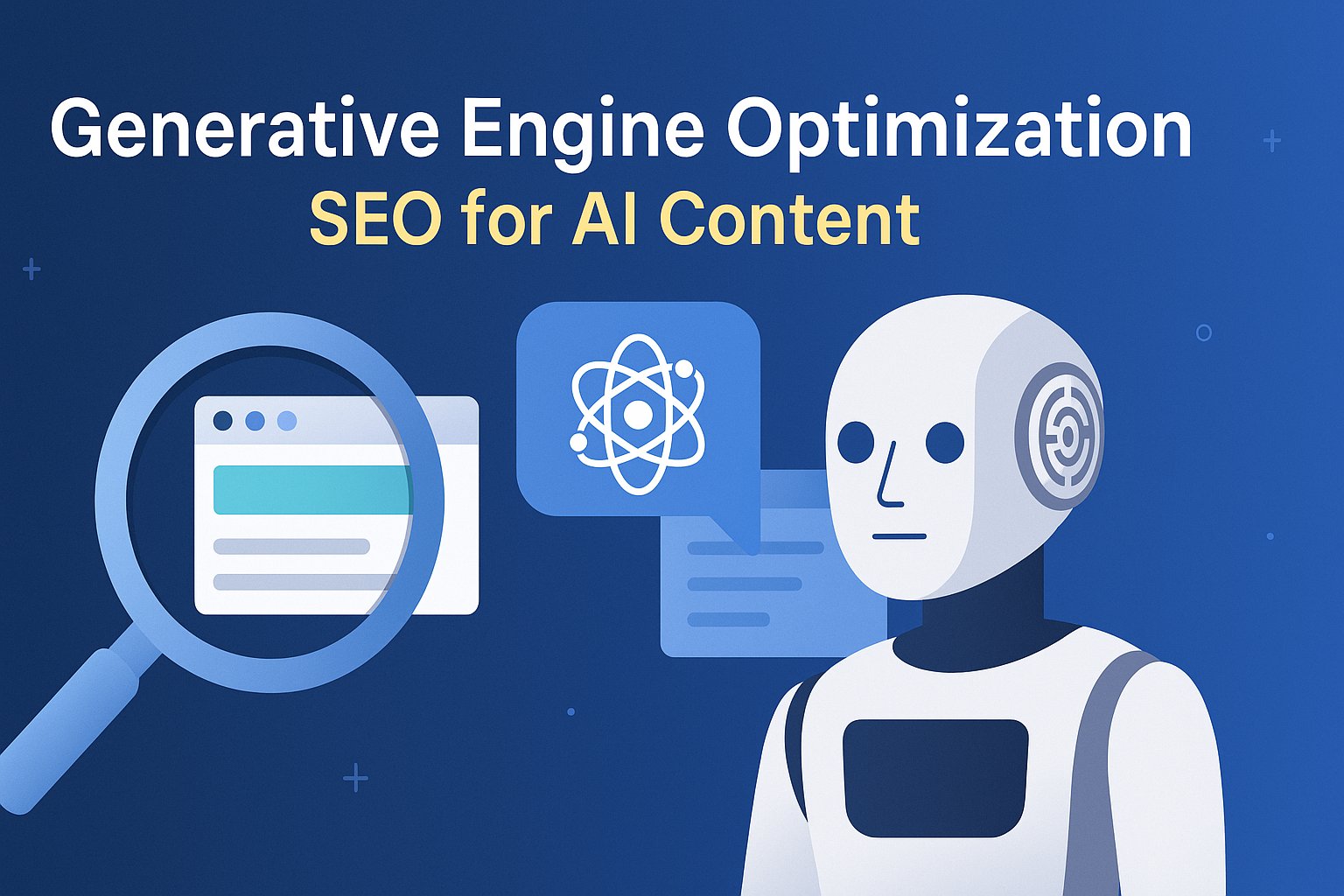The CMOs Guide to Generative AI: From Experimentation to Results
Generative AI is transforming industries and disrupting traditional workflows, but for Chief Marketing Officers (CMOs), it represents an unparalleled opportunity. As stewards of customer experience, content strategy, and brand voice, CMOs are uniquely positioned to lead their organizations into this next phase of innovation.
However, while generative AI promises breakthroughs in efficiency and creativity, realizing its potential requires a strategic approach. According to Gartner (2024), 30% of generative AI projects will be abandoned after proof of concept, often due to a lack of alignment with business goals and insufficient leadership. This guide explores why CMOs are the right leaders to drive generative AI initiatives and how they can turn experimentation into measurable results.
To maximize the value of generative AI, CMOs need to lead with intention. Here’s how to move from experimentation to measurable success:
1. Define Clear Business Goals
Generative AI projects often fail due to a lack of direction. CMOs should:
- Identify specific marketing challenges (e.g., scaling content creation, enhancing personalization).
- Set measurable objectives, such as increasing conversion rates or reducing customer churn.
2. Start with High-Impact Use Cases
Avoid spreading resources too thin by focusing on areas where AI can deliver the most value:
- Automate repetitive tasks like social media scheduling.
- Personalize email campaigns for improved open and click-through rates.
3. Collaborate with IT and Data Teams
CMOs need to work closely with IT and data teams to:
- Ensure data privacy and security.
- Integrate generative AI tools seamlessly with existing marketing platforms.
4. Foster a Culture of Experimentation
CMOs should encourage teams to experiment with AI technologies:
- Create “sandbox environments” for testing new ideas.
- Reward innovation and celebrate small successes to build momentum.
5. Train and Upskill Teams
Invest in AI education to empower your marketing team:
- Offer training sessions on how to use AI tools effectively.
- Appoint AI champions within the team to drive adoption and provide ongoing support.
6. Measure ROI and Iterate
Track the performance of AI initiatives using clear KPIs, such as:
- Content production time saved.
- Conversion rates from personalized campaigns.
- Customer satisfaction scores.
Use these insights to refine your strategy and scale successful initiatives. Also read “How do CMOs measure AI success”
From Experimentation to Results: A CMO’s Guide
Challenges and Considerations
While AI presents immense opportunities, marketers must also address challenges:
- Data Privacy: Be transparent about how customer data is collected and used to ensure compliance with regulations like GDPR.
- Ethical AI Use: Avoid biases in AI algorithms and ensure fairness in targeting and messaging.
- Training Teams: Upskilling your marketing team to work effectively with AI tools is essential.


Getting Started with AI in Digital Marketing
Here’s a step-by-step guide for marketers looking to integrate AI into their strategies:
- Audit Your Current Efforts: Identify areas where AI can save time, improve efficiency, or drive better results.
- Start Small: Focus on one or two high-impact areas, like ad targeting or content automation.
- Leverage Tools: Use platforms like AI Suite to simplify the adoption of AI across multiple marketing functions.
- Measure and Iterate: Track metrics like ROI, engagement rates, and conversion rates to refine your AI strategy.
Conclusion: Lead the Generative AI Revolution
Generative AI represents an unparalleled opportunity for CMOs to redefine how marketing operates. By leading with clarity, collaboration, and innovation, CMOs can transform AI from a buzzword into a business driver.
Key Takeaways for CMOs:
- Embrace generative AI as a tool to empower, not replace, creativity.
- Focus on aligning AI initiatives with measurable business goals.
- Foster a culture of experimentation and continuous learning.
With the right leadership and strategy, generative AI can move beyond experimentation and deliver real, tangible results for your business.





